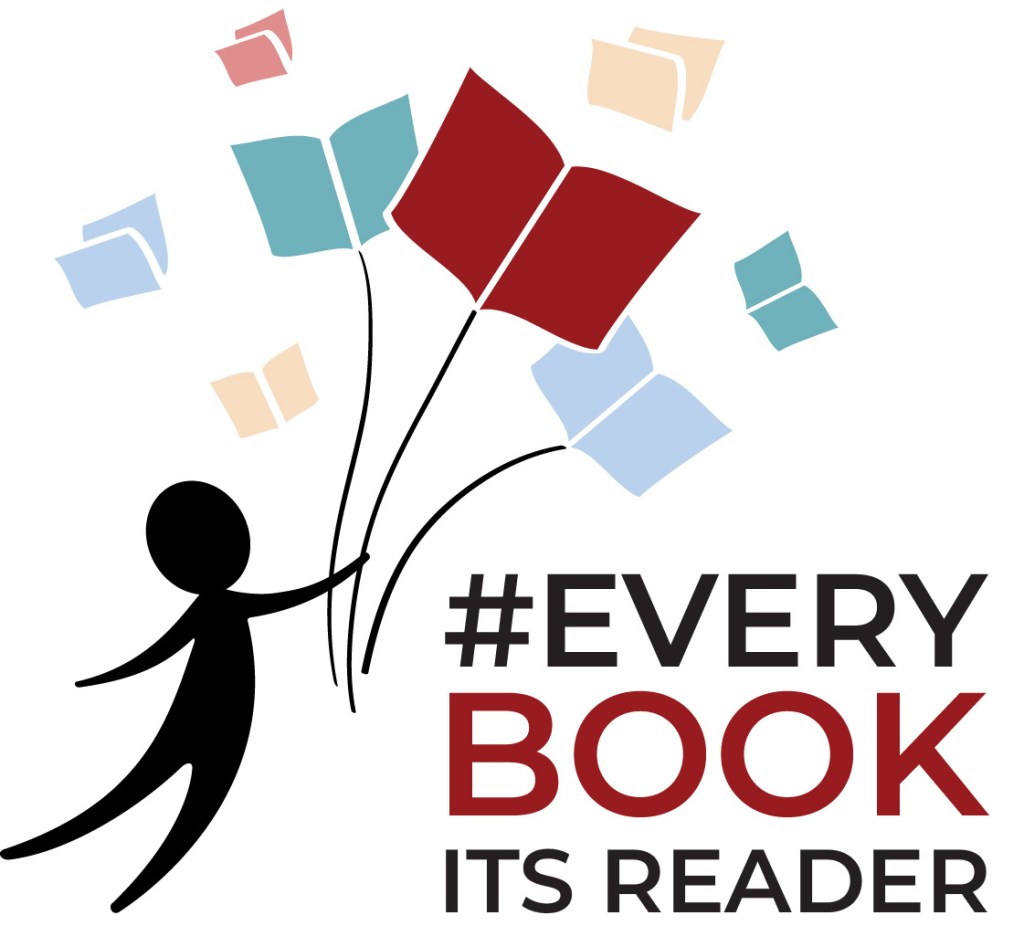Books give form to compelling human stories, both real and imagined, revealing the diversity of human experience. Books inspire admiration, provoke dialogue, and invite conversation across and between cultures and people. Wikipedia articles about books are read millions of times every year; for example, over the past 90 days in English Wikipedia Their Eyes Were Watching God was viewed 69,000 times; in Spanish Wikipedia Como agua para chocolate was viewed 25,000 times (Like Water for Chocolate in English: 28,000 times); and in Portuguese Wikipedia O Alquimista was viewed 10,000 times (The Alchemist in English: 198,000 times).
The importance of quality information about books on Wikipedia is obvious. If you are a book reader and want to help us take care of books, join the new Wikimedia campaign: #EveryBookItsReader. This campaign, organized by nine volunteers located in Botswana, Brazil, Canada, Mexico, Catalonia-Spain, and the U.S., will span the entire month of April as we work to improve and create content about books, literary works, and oral stories in Wikipedia, Wikidata, Wikicommons, Wikiquotes, Wikibooks, and Wikisource. The campaign will run the entire month of April and coincides with World Book Day, April 23, which is commemorated in many locations but originated in Catalonia, Spain where it is now celebrated as the Day of Books and Roses.
Millions of people benefit from information about books across Wikimedia projects. Quality Wikipedia book articles recap plots; summarize professional reviews, literary criticism, and public reception; and list awards received. Among those who benefit are the professions associated with books including authors, librarians, publishers, editors, translators, and booksellers. A quality article minimizes the investigative efforts required by readers and professionals to learn about a book. Librarians benefit when reviews are not behind paywalls, independent booksellers benefit when they can easily find book summaries, and publishers benefit when they can learn how their publications are being received around the world.
The campaign name is familiar to many librarians because it is the third law of Shiyali Ramamrita (S.R.) Ranganathan’s five laws of library science, “Every book its reader”. Ranganathan was a librarian and mathematician from India who proposed the five laws in 1931 – today many librarians around the world accept the five laws as the foundations of their philosophy.
How to Get Involved
The campaign will run from 1 to 30 April, 2023. Visit the #EveryReaderItsBook Wikimedia campaign Meta site for information about getting involved. The Meta page is currently available in English, Catalan, French, Portuguese, and Spanish. More translations are welcome.
Follow the Campaign on Social Media
Help us amplify the campaign from now through the 30th of April using the hashtags:
- #EveryBookItsReader (English)
- #ChaqueLivreSonPublic (Français)
- #ACadaLlibreElSeuPúblic (Català)
- #CadaLivroSeuPúblico (Português)
- #CadaLibroSuPúblico (Castellano/Español)
Tell your followers and the world why you think adding books and stories are important. Follow this campaign on Twitter @Every_Bk. Tweets by the campaign organizers will be in Catalan, English, French, Portuguese, and Spanish.

Can you help us translate this article?
In order for this article to reach as many people as possible we would like your help. Can you translate this article to get the message out?
Start translation
